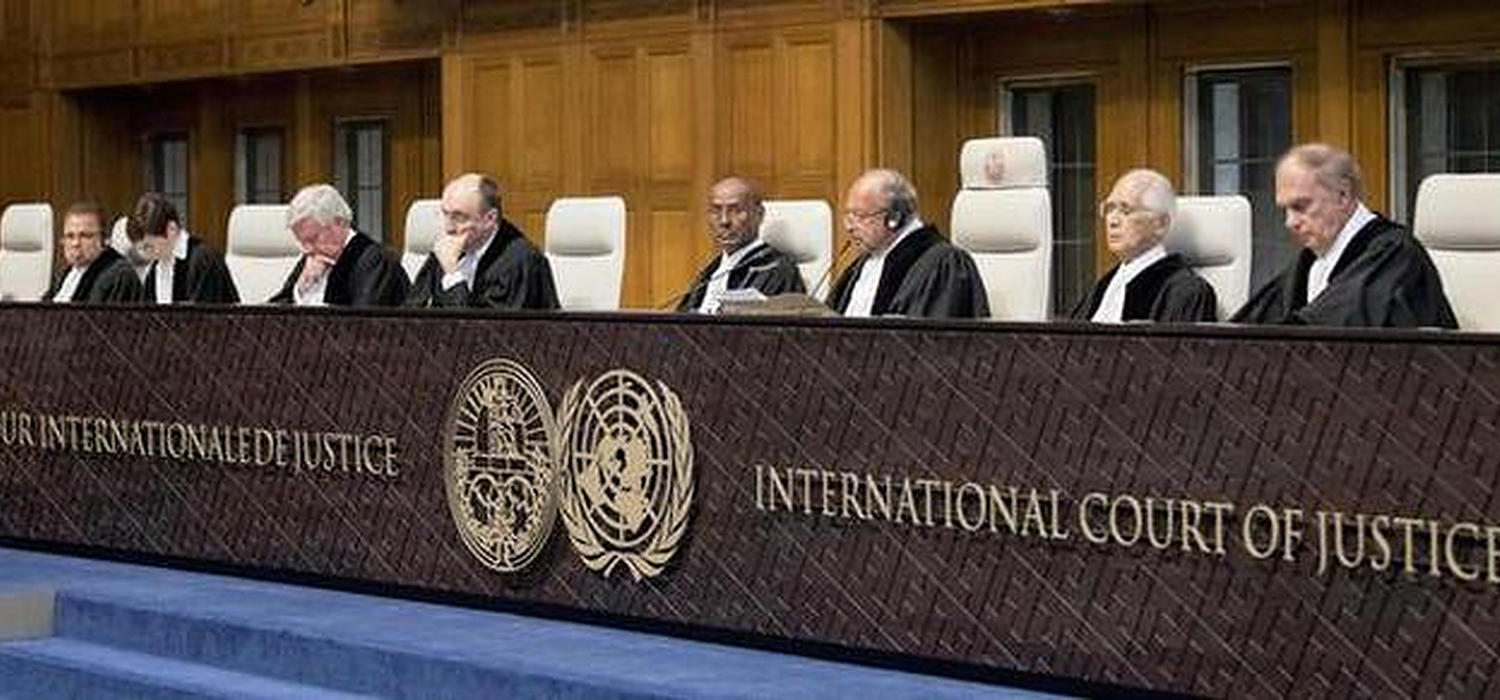
July 7, 2022
What We Are Learning This Week with Instructor Mark Machacek!

July 11, 2022 in POLI 483 International Law
Instructor Mark Machacek is exploring different ‘sources’ or types of international law, including binding treaties, customary law and non-binding ‘soft law’
Can you tell us a little more about this topic?
All countries have some sort of legislature that creates domestic laws but, at the international level, there is no world-wide legislature that creates international laws. Instead, international law is a complex assortment of different agreements and norms that regulate state conduct. It ranges from legally binding, written down treaties (i.e. the United Nations Charter) and long-standing customary practices (i.e. diplomatic immunity) to non-legally binding ‘soft law’ principles (i.e. the Universal Declaration of Human Rights). In POLI 483, we are considering the logic, content and politics behind these different forms of international law.

What else do you cover in your course?
POLI 483 focuses on the politics of international law. The course surveys the content and functioning of international law while interrogating international law as a product and instrument of power. We began the semester introducing the concept of ‘law’ more generally and identified key features that differentiate international law from national law. After covering the theories and sources of international law, the remainder of the course focuses on specific international legal orders, including dispute resolution and the laws of war, international criminal law and international human rights law.
What do you love about teaching this course?
I love teaching this course because it requires a lot of discussion on the ‘squishiness’ of international law; how it both works and does not work. Most countries comply with most international law most of the time but there are major limitations to enforcing compliance with international laws. International law’s inability to deter Russia’s military aggression in Ukraine, for example, is a testament to these limitations. Like I always say to my POLI 483 students, if you come out of the course feeling more uncertain about international law, then you’re probably thinking about it in the right way.
Finally, what other courses would you recommend for students interested this topic?
Students interested in international law can learn more about its development in POLI 483 International Organization. In addition, POLI 48 The Politics of Human Rights offers important insights into international human rights law and POLI 470 Genocide gives an in-depth look into the ‘crime of crimes’. Finally, for students interested in politics and domestic law, the department offers POLI 343 Law and Politics and POLI 643 Law and Armed Conflict.
Our Thanks to Instructor Machacek for sharing your course with us!
Follow Mark Machacek on Twitter @MarkistPolitics
